Since gaining independence at the end of World War II, Burma has experienced several successive military dictatorships. A process of political and economic transition began in 2011, and the 2015 general election was largely won by Aung San Suu Kyi’s National League for Democracy (NLD) party. However, conflicts between the central government and various ethnic minority groups (who make up 35% of the population) continue. The change of regime and the peace process have not put an end to the clashes, which continue in almost all border regions. In 2020, the NLD again won the general elections, but on 26 January 2021, the results were challenged by General Min Aung Hlaing, head of the armed forces. The allegations were rejected by the election commission, and on 1 February 2021 the military junta staged a coup, arresting State Counsellor Aung San Suu Kyi and President Win Myint.
Since then, clashes between the junta and armed resistance groups have spread throughout the country. Air strikes and artillery fire from the armed conflict continue to cause displacement, civilian casualties and the destruction of homes. The recent large-scale intervention by an alliance of armed groups has intensified the scale of the conflict and significantly accelerated the number of displaced people.
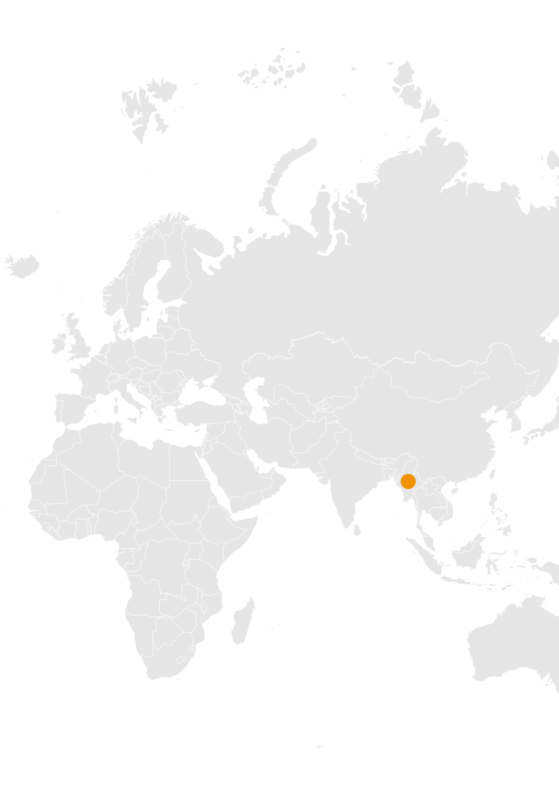
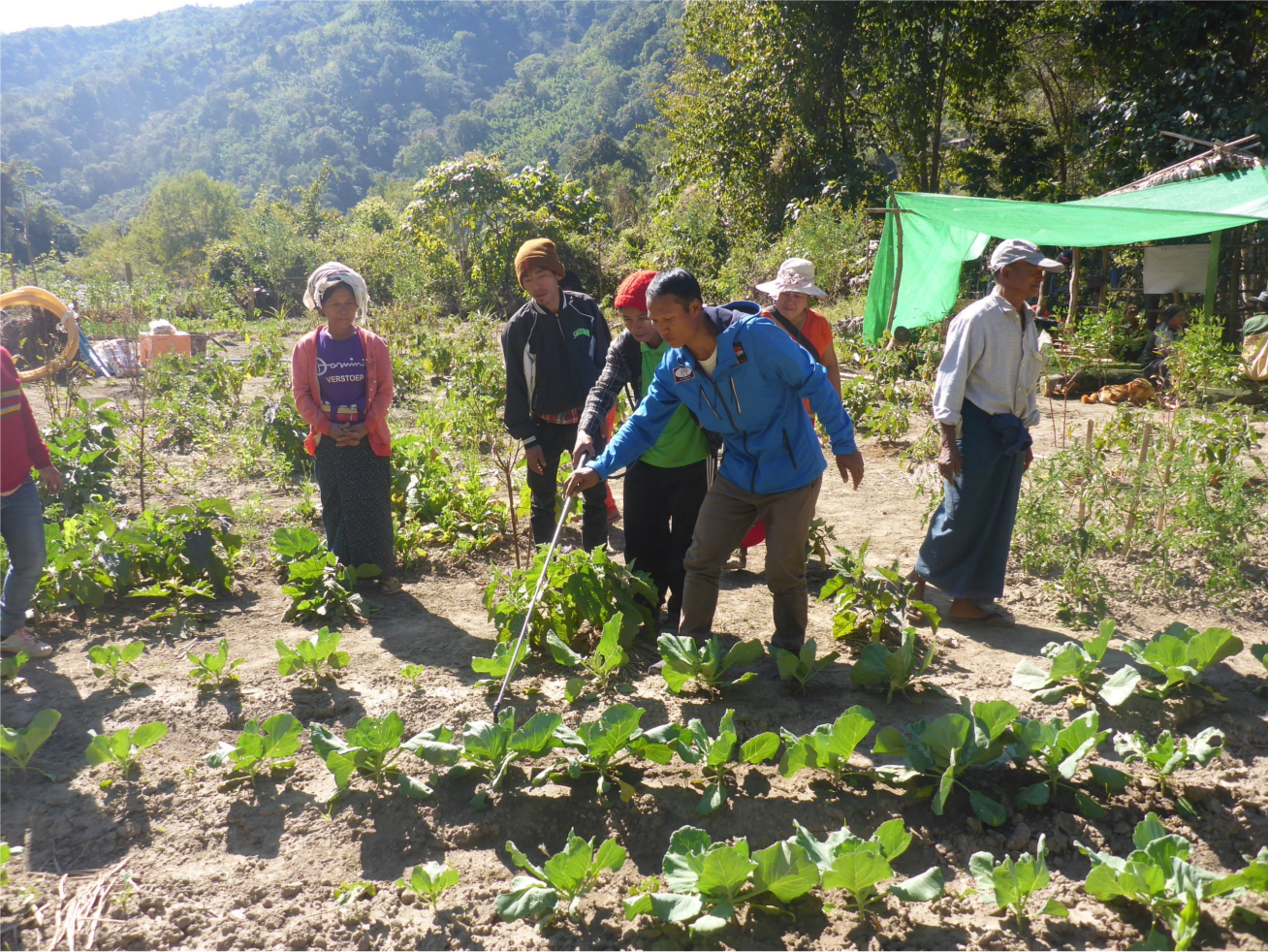
TGH began its first mission in December 2007, focusing on emergency relief and development. In 2008, Cyclone Nargis severely affected the southwest of the country (Delta) and TGH was involved in the emergency and post-emergency response in this region, then in Rangoon. Since 2012, TGH has focused on the Matupi region (southern Chin State), a mountainous, hard-to-reach area in the west of the country. Households in this region spend most of their income on basic food, and their diet consists mainly of rice. TGH’s projects aimed to improve the living conditions, resilience and livelihoods of isolated rural communities, and to promote the sustainable use and protection of the region’s natural resources.
Since the coup in February, TGH has been implementing a multi-sectoral emergency response to meet the basic needs of displaced and host populations. In addition, a new project has recently been launched to support local Burmese civil society organisations (CSOs) in the context of this protracted crisis. The aim of this three-year project is to build the capacity of these CSOs to intervene and to network so that they can respond more effectively to their needs in the long term.


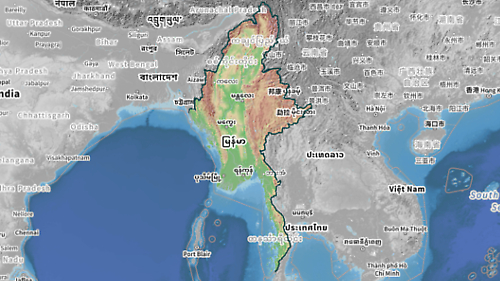


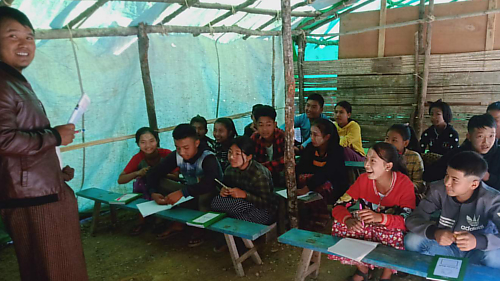
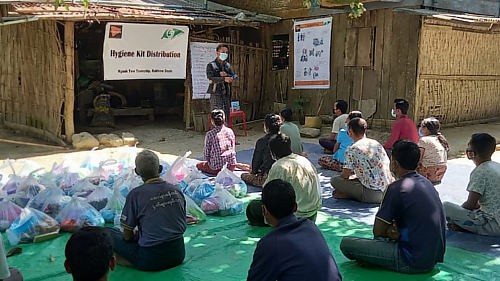
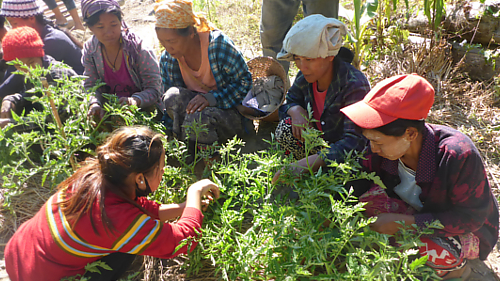

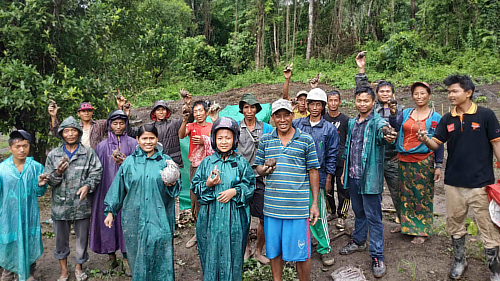
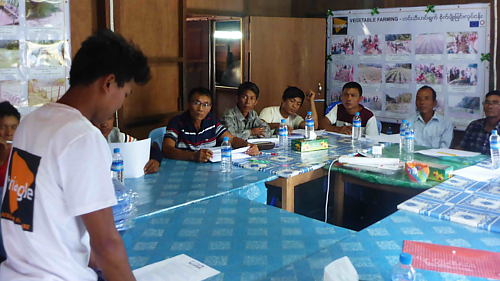
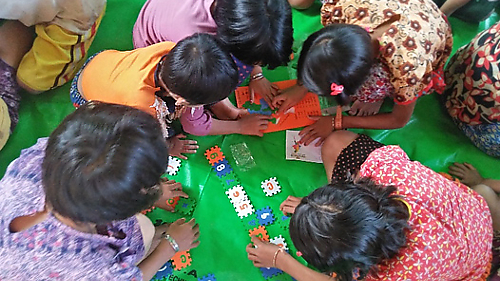
1 rue de Montribloud 69009 Lyon